Division of hematology and oncology

Tumor therapy with immune checkpoint blockers may be improved by fine-tuning Gfi1 in CD8+ T cells.

UAB’s new Lunaphore COMET multiplex immunofluorescent platform can hyperplex up to 40 antibodies on a single pathology tissue sample.

This transformative gift from Ted W. Love, M.D., and Joyce Y. Love will improve patient care for those with sickle cell disease on a local and international level.

One UAB expert says the roles of screenings, warning signs and a healthy lifestyle are all keys to cancer prevention.
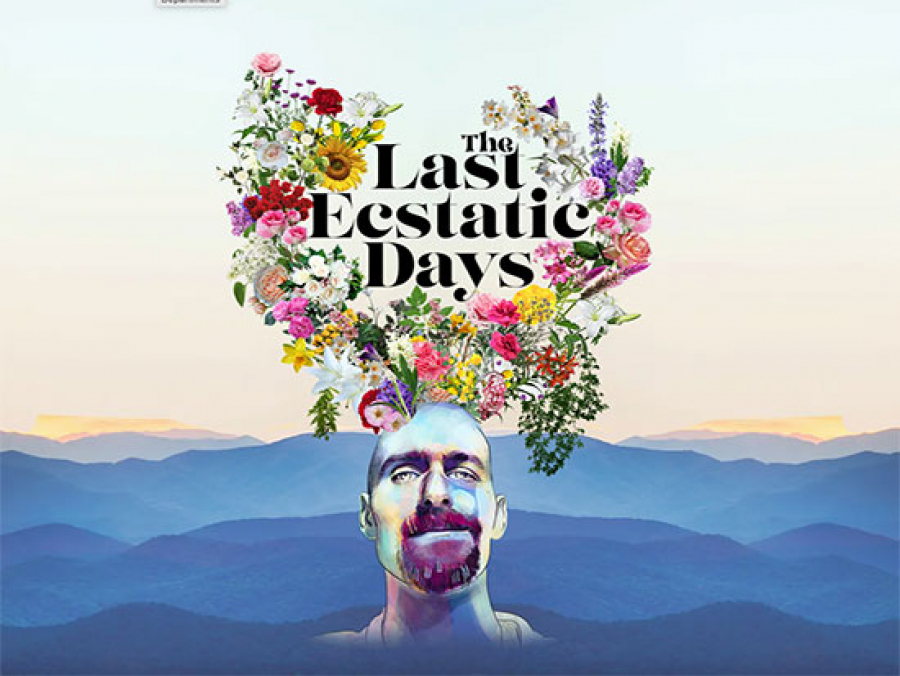
See the powerful documentary “The Last Ecstatic Days” at UAB's ALys Stephens Center and hear about the cultural and spiritual considerations of dying from UAB caregivers and Aditi Sethi, M.D., with The Center for Conscious Living & Dying, with guest artist Manjari Sharma.
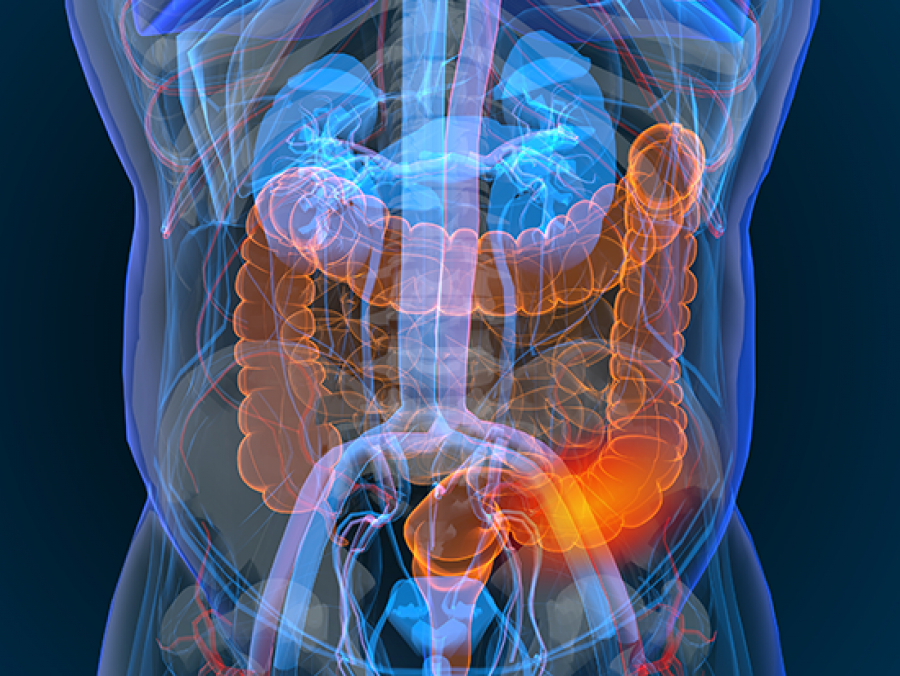
Mortgage lending discrimination in the 1930s is still geographically associated with inequities in colon cancer care today. Colon cancer often can be treated successfully if detected early.

Sickle cell disease is the most common and clinically significant inherited blood disorder across the nation, and now there is an FDA-approved gene therapy to help those living with SCD.

The O’Neal Comprehensive Cancer Center at UAB is recruiting Alabama women who have never had breast cancer for the study, to test a personalized approach to breast cancer screening.
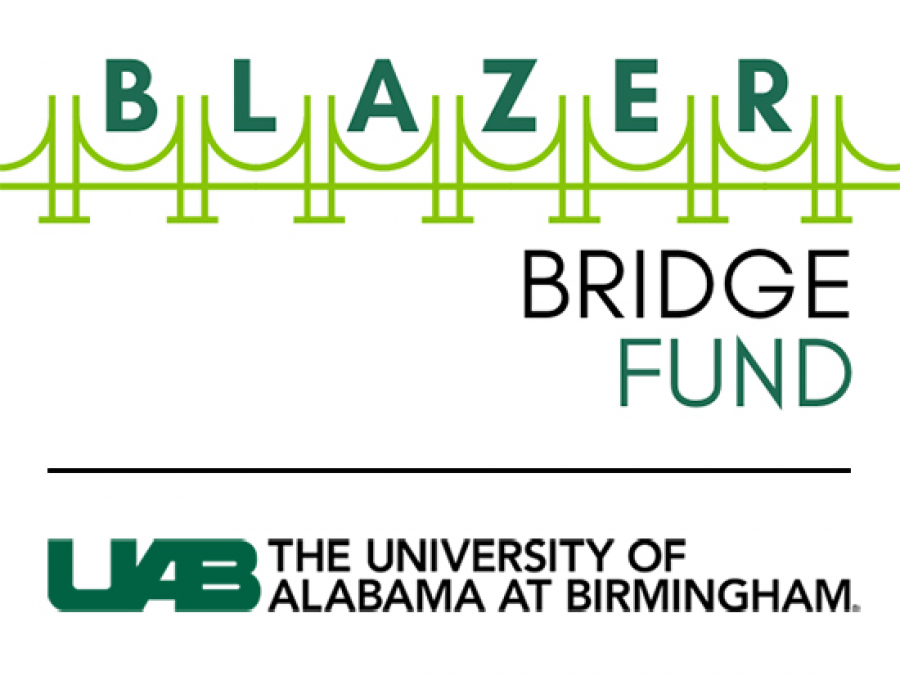
The Blazer Bridge Fund is intended to identify and assist in the development of promising ideas, discoveries, innovations and/or technologies from UAB faculty and staff that have commercial potential.
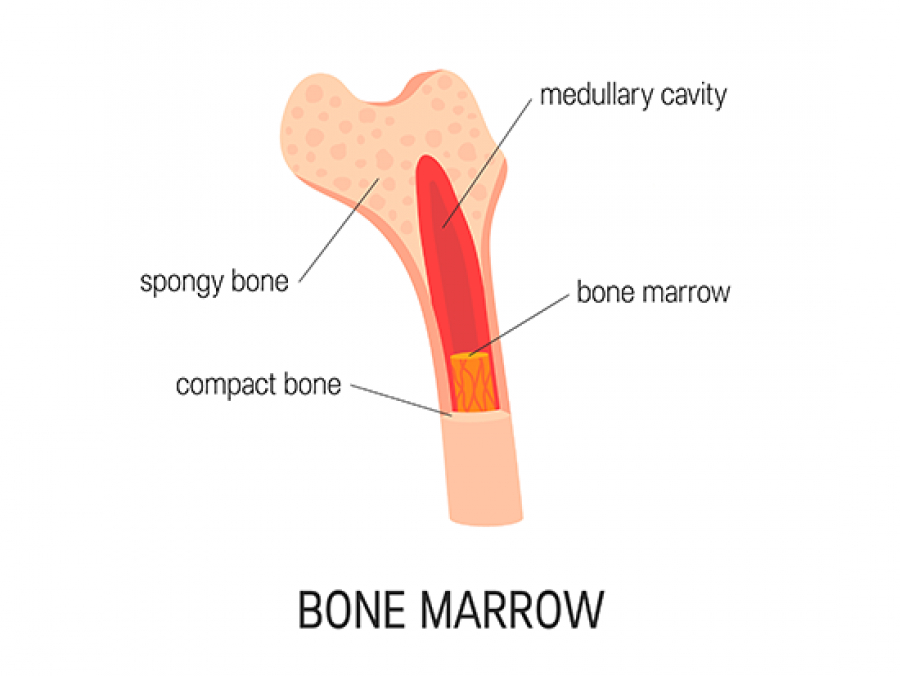
An overabundance of mast cells, which are important components of the immune system and are produced in the bone marrow, can lead to a variety of health issues.
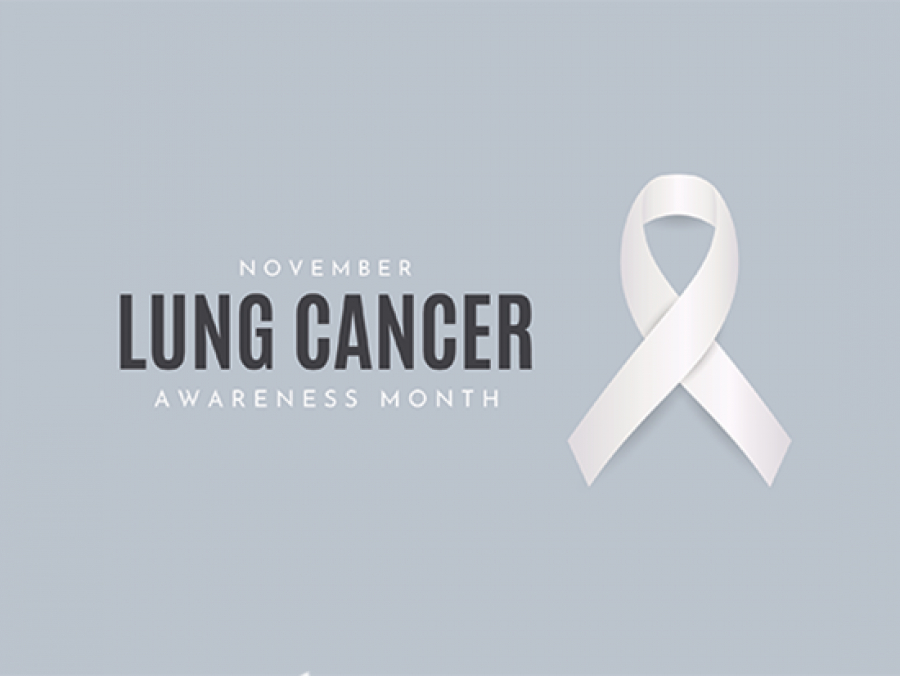
New screening guidelines and improvements in diagnostics and treatment have improved outcomes in lung cancer.
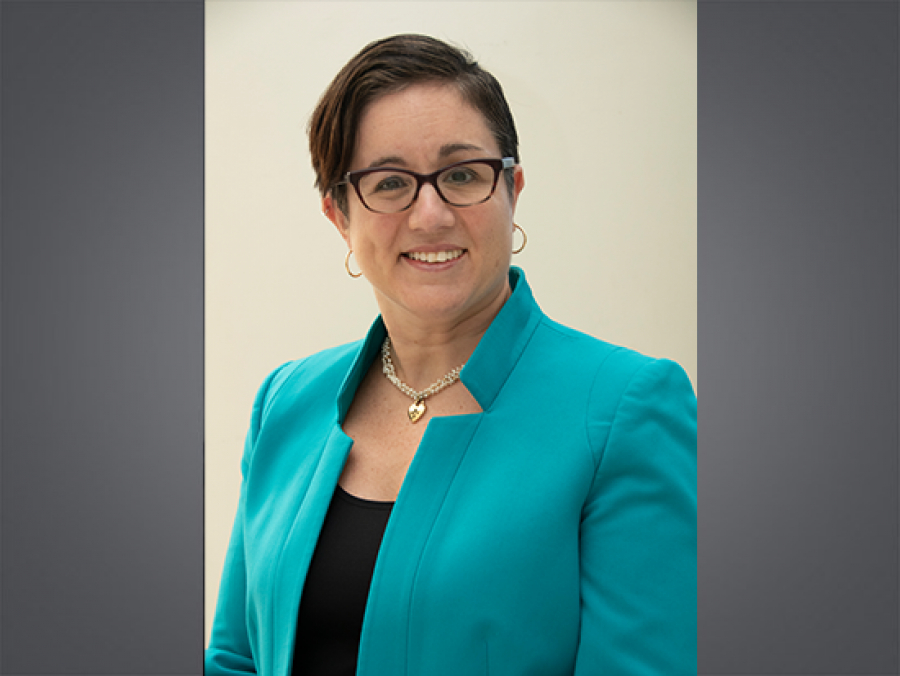
The NIH grant will advance efforts to reduce the gap between research and care of sickle cell disease.
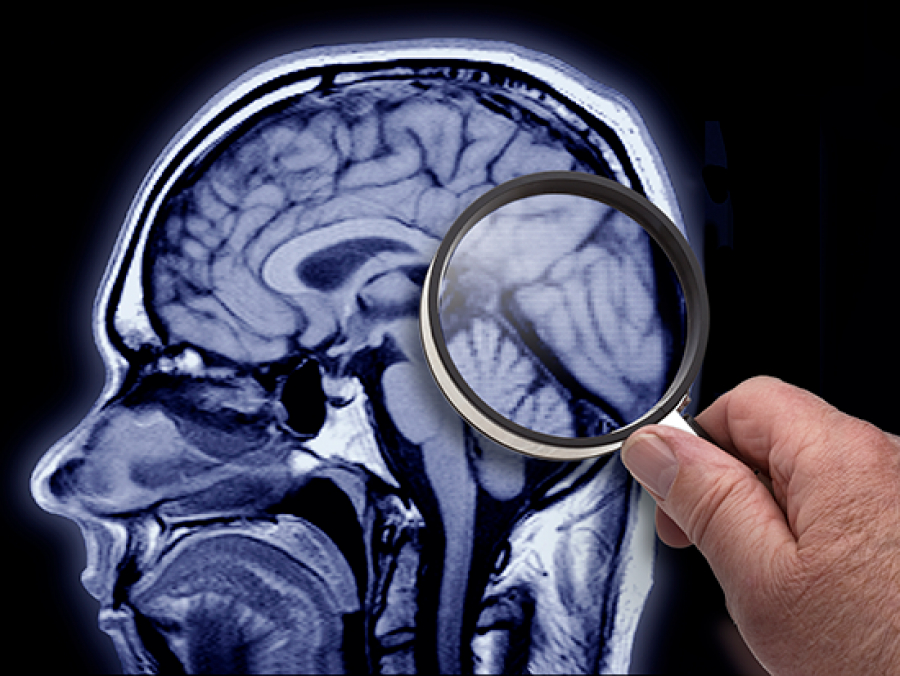
Results published in the Journal of Alzheimer’s Disease show patients with one cancer diagnosis were less likely to develop dementia and had an overall slower cognitive decline than patients with no history of cancer.
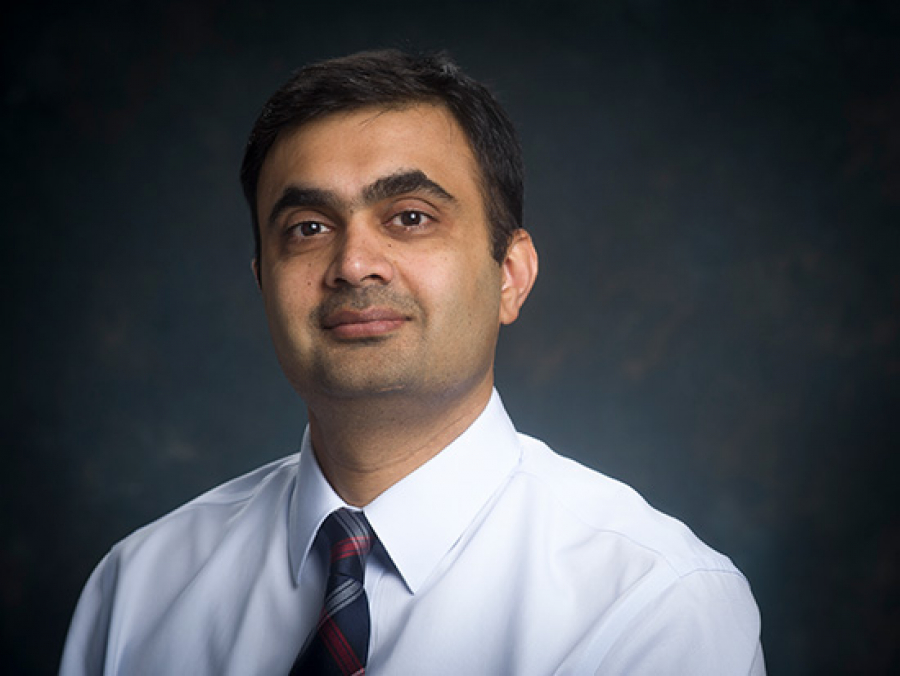
UAB has been awarded for its superior CAR-T therapy program services and leadership.
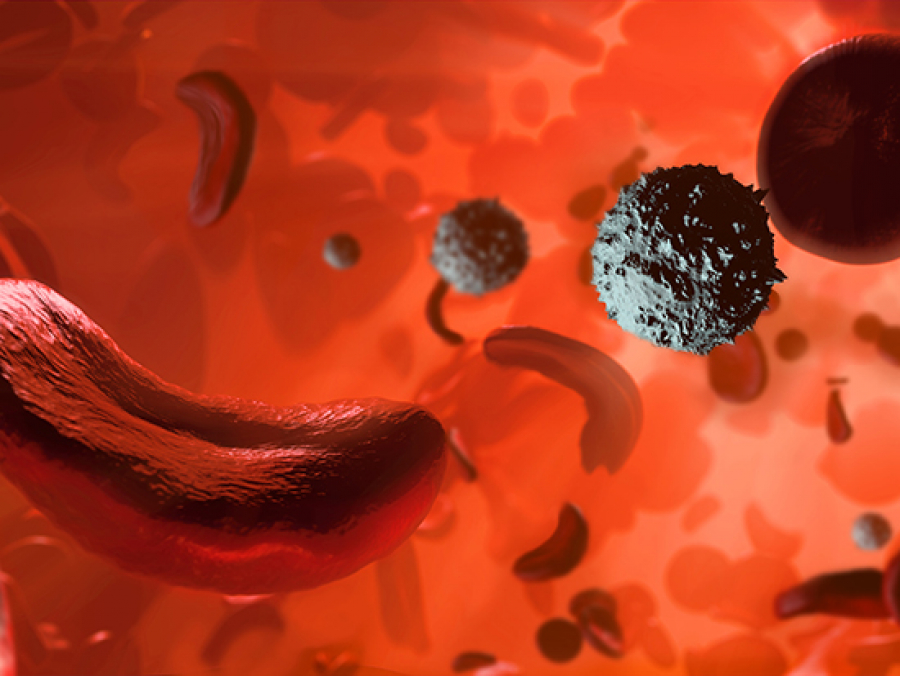
Although unproven, this novel sickle cell therapy serves as a potential cure. More measures need to be taken to determine long-term function and organ improvement.
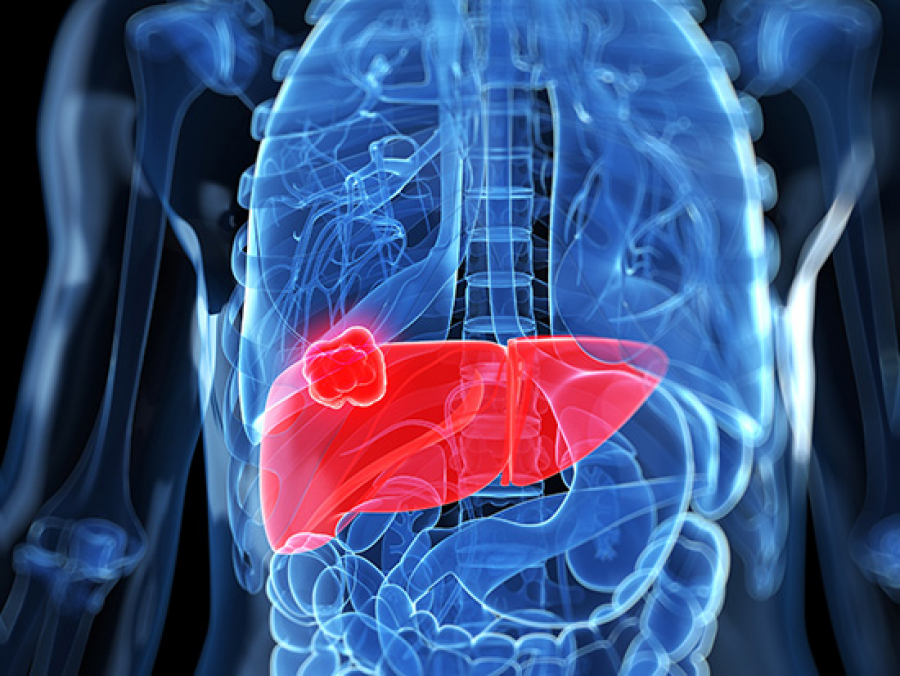
The infusion therapy can help shrink tumors that are otherwise inoperable.
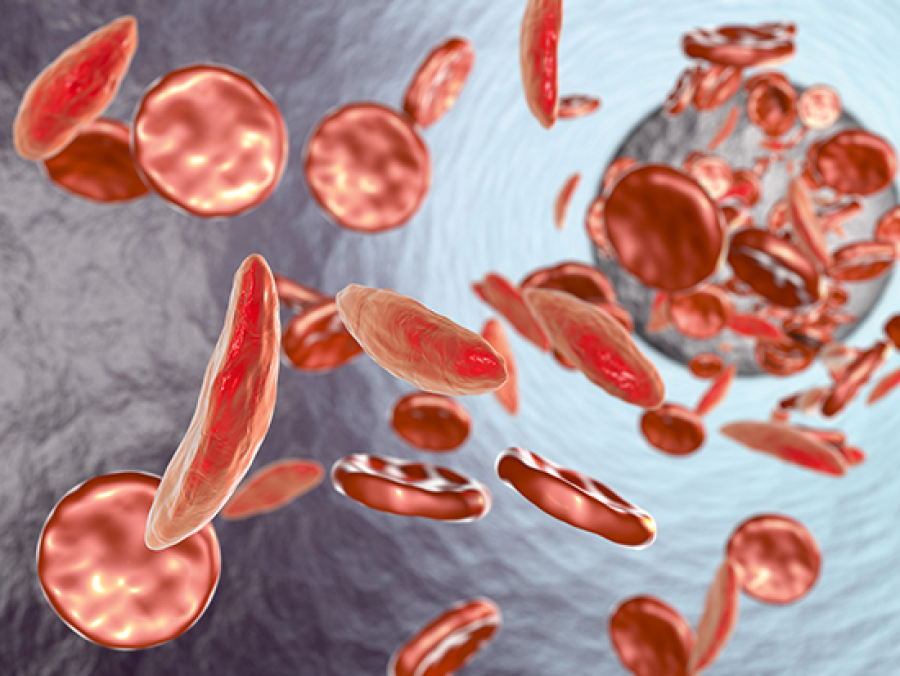
UAB’s Julie Kanter, M.D., says statewide surveillance programs for sickle cell disease can help facilitate progress to improve outcomes.
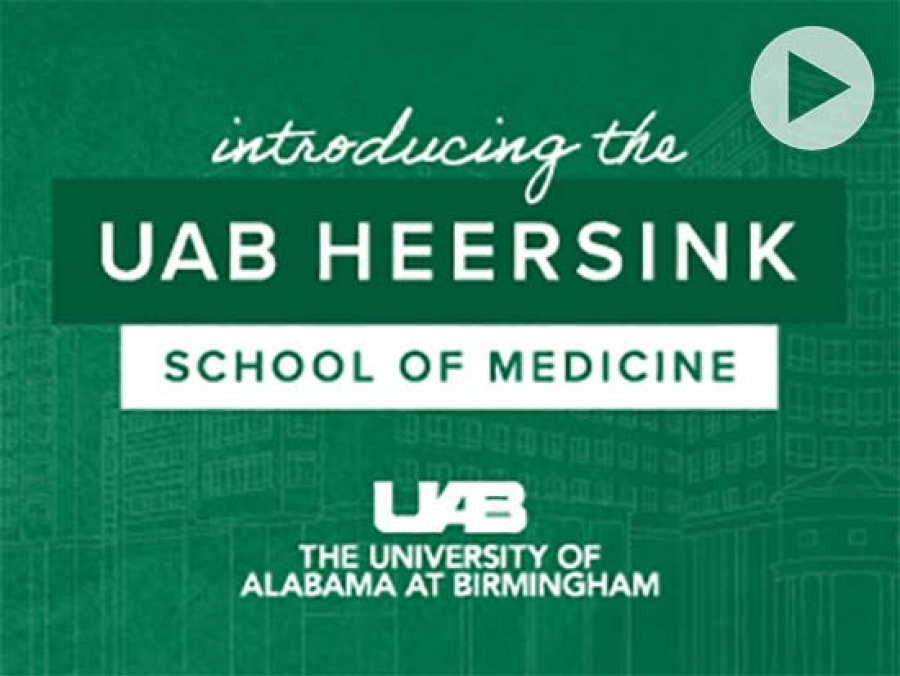
Record $95 million Heersink lead gift to advance strategic growth and biomedical innovation.

New findings include a significant increase in risk of death among patients who had recently had chemotherapy.

The list was made by a group that aspires to bolster and increase diversity across all scientific fields, promote retention through the “leaky academic pipeline,” and broaden academic and industrial awareness of diversity and inclusion.
Page 1 of 2